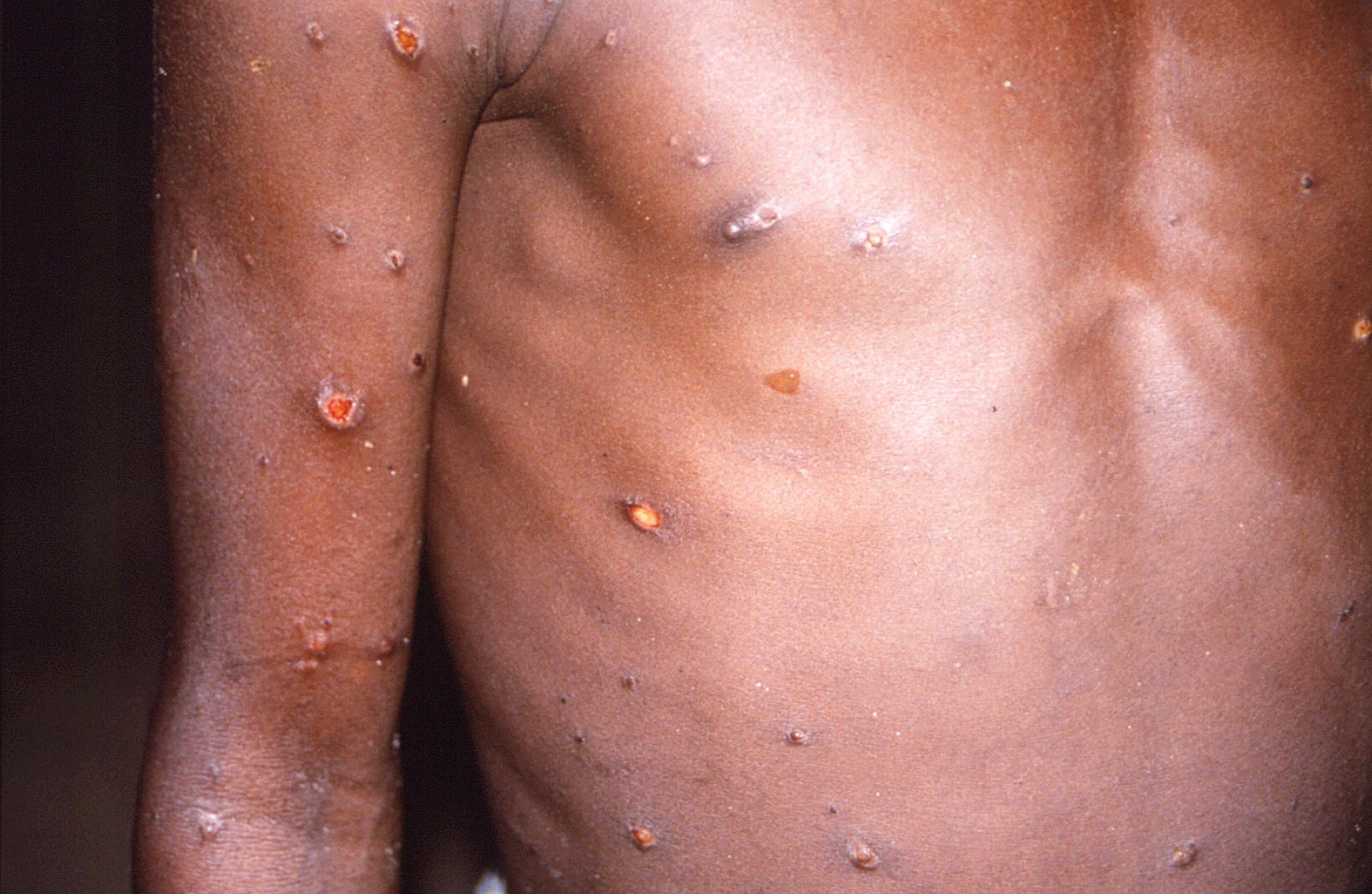Monkeypox could have ‘massive impact’ on sexual health services, doctor warns
The disease, first found in monkeys, can be transmitted from person to person through close physical contact – including sexual intercourse .

Your support helps us to tell the story
From reproductive rights to climate change to Big Tech, The Independent is on the ground when the story is developing. Whether it's investigating the financials of Elon Musk's pro-Trump PAC or producing our latest documentary, 'The A Word', which shines a light on the American women fighting for reproductive rights, we know how important it is to parse out the facts from the messaging.
At such a critical moment in US history, we need reporters on the ground. Your donation allows us to keep sending journalists to speak to both sides of the story.
The Independent is trusted by Americans across the entire political spectrum. And unlike many other quality news outlets, we choose not to lock Americans out of our reporting and analysis with paywalls. We believe quality journalism should be available to everyone, paid for by those who can afford it.
Your support makes all the difference.Monkeypox could have a “massive impact” on access to sexual health services, a top doctor has warned.
The disease, which was first found in monkeys, can be transmitted from person to person through close physical contact – including sexual intercourse – and is caused by the monkeypox virus.
The number of cases confirmed in Britain has hit 20 with nine other countries outside of Central and West Africa also reporting outbreaks.
Dr Claire Dewsnap, president of the British Association for Sexual Health and HIV, said she is concerned about how the infection could affect services because staff who come in contact with sufferers are forced to isolate.
She told the BBC that clinic staff were “already under significant pressure” before monkeypox was identified, making the situation worse.
“It is already stretching the workforce and will have a massive impact if staff have to isolate if they are in close contact with someone who’s infected,” Dr Dewsnap said.
“In terms of the infection and its consequences for individuals, I’m not that concerned,” she later told BBC Radio 4.
“But I am concerned about our ability to maintain good sexual health services and access for everyone while still managing this new infection.”
The speed in which we see people is really critical and monkeypox coming along shows us that more than ever before
Dr Dewsnap also called for “adequate funding” for sexual health services.
She told BBC Breakfast: “Over the last 10 years, there’s been a significant decrease in funding through the public health budget.
“And that has seen a direct effect on staffing level and that means we have less capacity to see people.
“We used to be able to see people within 48 hours of them contacting us – that’s really important because it cuts down the window where people have an infection, they don’t know they have an infection and therefore they can pass it on to the people.
“So the speed in which we see people is really critical and monkeypox coming along shows us that more than ever before.
“So we need adequate funding so we can adequately staff with the experts that we need and the appropriately trained staff in clinics so that we can ensure people can get in quickly, and therefore we can reduce the risk of infection of other people.”
The important thing is that we interrupt transmission and this doesn’t become established in the human population in Europe
Meanwhile, Professor Sir Peter Horby, director of the Pandemic Sciences Institute at Oxford University, described the current monkeypox outbreak as “an unusual situation”, because the virus is being transmitted within communities outside of Central and West Africa.
Sir Peter told BBC Radio 4 on Saturday: “It’s transmitted by close person-to-person contact and, in the past, we have not seen it being very infectious.
“What’s unusual about what we’re seeing now is that we’re seeing transmission occurring in the community in Europe and now in other countries, so it’s an unusual situation where we seem to have had the virus introduced but now have ongoing transmission within certain communities.”
He added: “It would appear that there is some element of sexual transmission perhaps with just the very close contact between people and the skin lesions, because a large proportion of the current cases are being detected in gay and bisexual men.
“So it’s very important that we get the message across that if people have unusual skin lesions that they do seek attention quickly so that we can control this.
“The important thing is that we interrupt transmission and this doesn’t become established in the human population in Europe.”